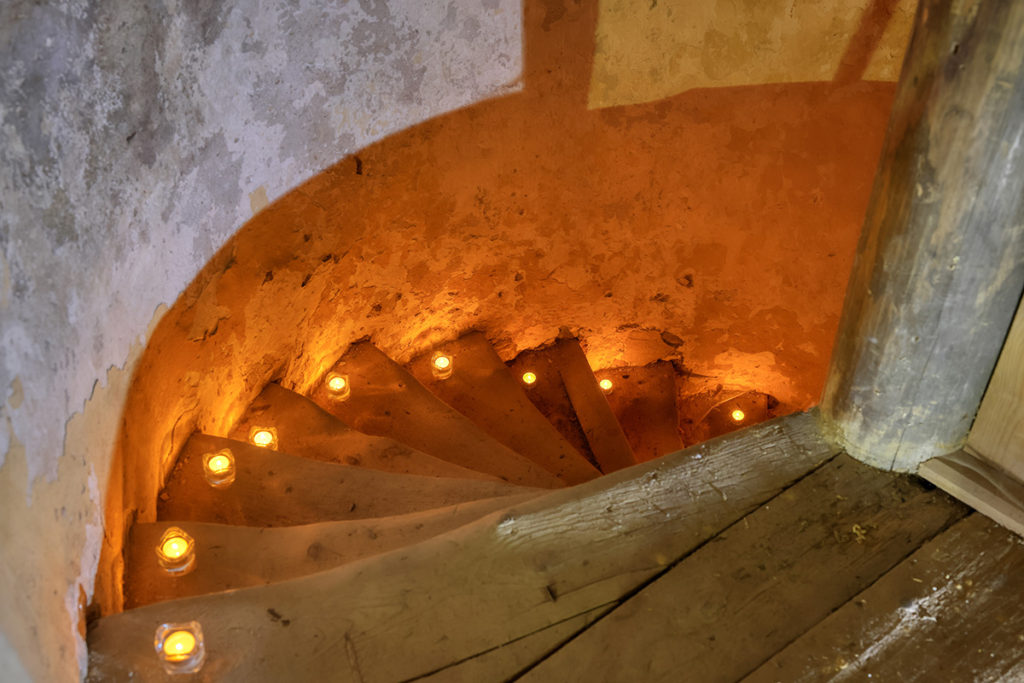Sound of the Bohemian Pre-reformation
The Jistebnice Kancionál is one of the precious few widely known Bohemian sources from the Late Middle Ages. For the most part, it has been presented as a significant relic of the Hussite liturgical song, also containing the choral song Ktož sú Boží bojovníci (Ye Who Are Warriors of God). (The melody has attained worldwide fame due to its inclusion in, among other works, Bedřich Smetana’s symphonic poems Tábor and Blaník, parts of the cycle My Country.) This assertion cannot be disputed, yet is this song, the most frequently quoted within the context, the most representative of the source? For a long time, I believed so. Thanks to an intense study of the manuscript I realised that the heart of the Jistebnice Kancionál does not rest in the few Hussite movement revolutionary songs that have been most frequently mentioned in specialist literature, but in its revealing the frailty of the early 15th-century people, longing for reformation of the Church, as well as the perfect comprehension of Bible. Since one of the means for them was to understand the sung liturgical texts, the unknown author/authors decided to translate and adapt the lyrics of selected plainchant into Old Czech. Another path taken by the manuscript’s creators was to praise Christ’s benefaction in newly composed songs. Frailty and vulnerability thus became the driving force, and conviction and tenacity the tool for attaining the objective. I firmly believe that female voices in particular are capable of setting right misguided interpretation of the Jistebnice Kancionál, and will thus communicate at least a fragment of the repertoire, which is very heartfelt in terms of music and text alike, while concurrently forcible in terms of performance.
